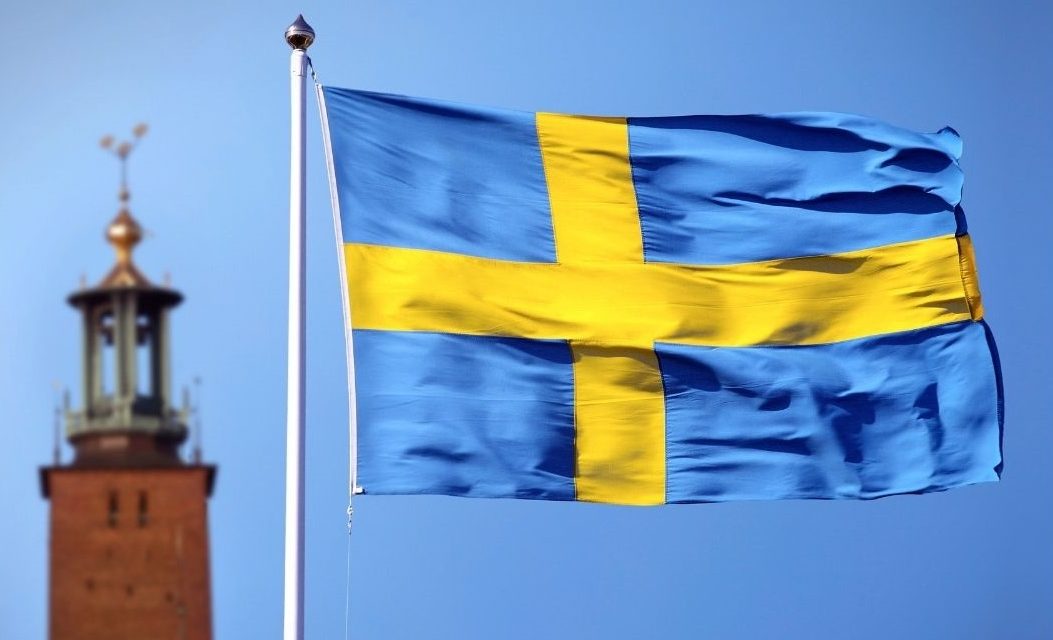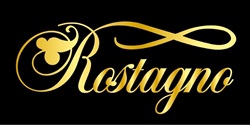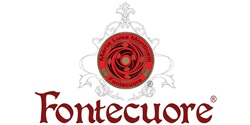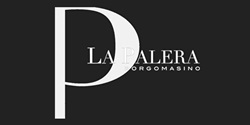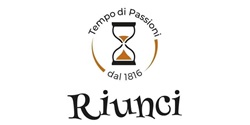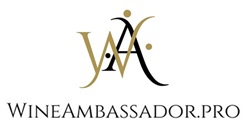New legislation focuses on beer and spirits, with limited impact on wine sales.
STOCKHOLM – In a significant policy shift, Sweden and Finland are considering measures to relax state control over alcohol sales. Starting as early as 2025, a Swedish government proposal could revolutionize the way beer and spirits are sold, potentially ending the long-standing state monopoly, although the impact on wine sales might be less pronounced.
Sweden’s Legislative Shift
Currently, Systembolaget, a government-controlled entity, holds a monopoly over the sale of alcohol with more than 3.5% alcohol content in Sweden. This could change with a new proposal that would allow direct sales to consumers by beverage producers, such as breweries and distilleries. If passed, the law would enable approximately 600 small enterprises to sell directly to consumers, provided they meet specific criteria.
The proposed criteria are clear: only small companies producing up to 75,000 liters of spirits, 400,000 liters of fermented beverages with up to 10% alcohol, and 200,000 liters of fermented beverages with over 10% alcohol annually will be eligible. Swedish Prime Minister Ulf Kristersson, a strong advocate of the measure, argues that it promotes greater freedom for small entrepreneurs, allowing them to grow and expand their businesses. Social Affairs Minister Jakob Forssmed also noted that the inability to purchase alcohol directly from producers during visits is seen as arbitrary by both consumers and tourists.
Despite these changes, the government maintains that the law does not undermine the alcohol monopoly system, as there are strict limits on the quantities that can be sold directly. For example, consumers could purchase a maximum of three liters of wine. However, given that most wines have an alcohol content well above 3.5%, and the proposed legislation focuses more on smaller-scale producers of beer and spirits, the immediate impact on wine sales may be less significant.
Concerns Among Distributors
Not everyone is pleased with the proposed changes. Swedish beverage distributors, represented by the SVL, have expressed concerns that direct sales could weaken the existing retail monopoly. They have urged the government to engage in thorough discussions with the European Union before moving forward with the legislation. Additionally, the SVL pointed out gaps in the proposal, particularly the exclusion of larger companies from the direct sales provision.
Finland’s Easing Restrictions
Meanwhile, Finland is also making moves to liberalize its alcohol market. The Finnish Parliament has approved the sale of fermented beverages such as beer, wine, and cider with an alcohol content of up to 8% in supermarkets. This marks an increase from the current limit of 5.5% for supermarket sales. However, this new regulation does not extend to distilled spirits. As with Sweden, the impact on wine sales may be limited given that many wines exceed the 8% alcohol content threshold.
Implications for the Future
These legislative changes in Sweden and Finland indicate a significant shift towards a more liberal approach to alcohol sales in the Nordic region. If implemented, they could set a precedent for other countries with similar state-controlled alcohol monopolies. While the changes might be more impactful for beer and spirits, they signal a broader move towards relaxing stringent alcohol control laws, which could eventually affect the wine market as well. As the debate continues, the focus will be on balancing consumer freedom, market competition, and public health considerations.

